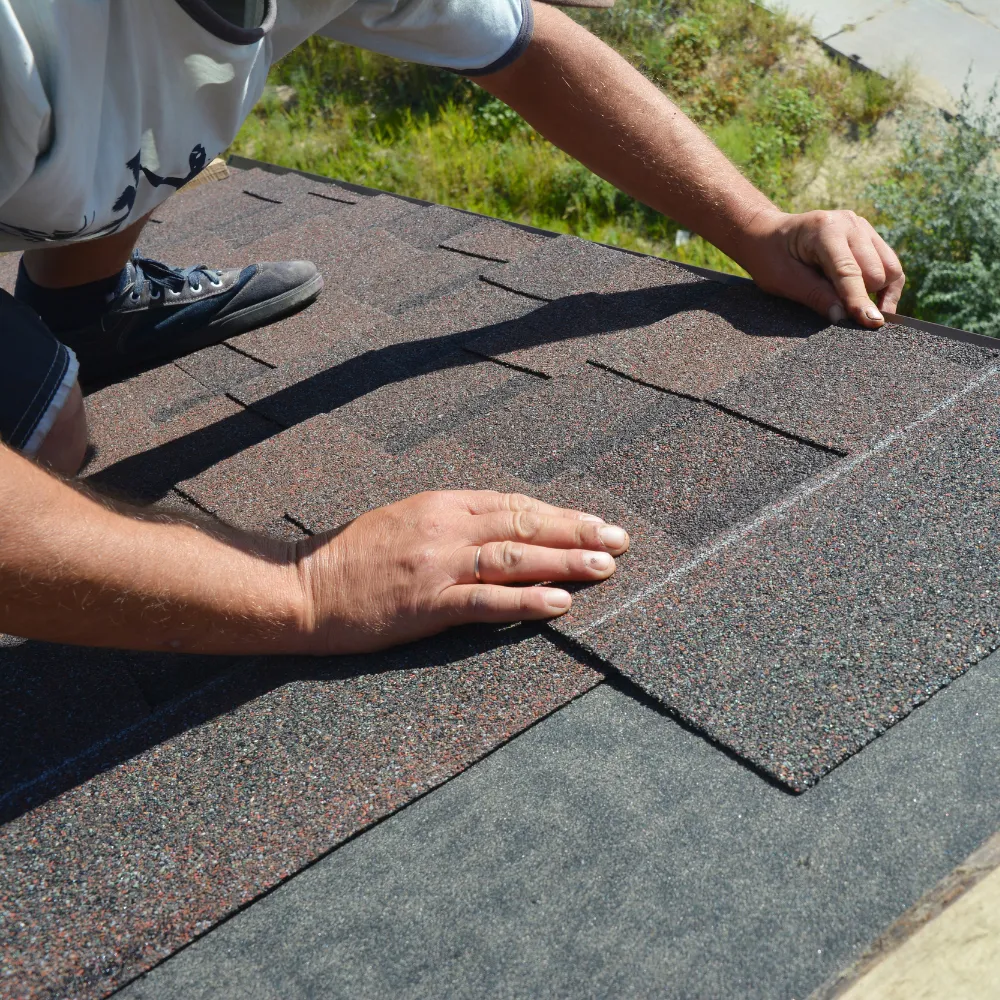
Loading your location...
Frequently asked
questions
What are the financial benefits of replacing my roof?
Replacing your roof can increase your home's value, lower your insurance premiums, and help you avoid costly repairs from water damage or structural issues. A new roof also improves energy efficiency, which can reduce your monthly utility bills.
How do I know if I need a roof replacement or just a repair?
A full replacement is typically recommended if your roof is over 15–20 years old, has widespread damage, or recurring leaks. For minor issues like isolated shingle damage, a repair might be enough. A professional inspection can help determine the best option.
Does homeowners insurance cover roof replacement?
In many cases, yes — especially if your roof was damaged by hail, wind, or a storm. Our roofing partners are insurance specialists who can help you file a claim and ensure you only pay for what’s necessary.
How long does a typical roof replacement take?
Most roof replacements are completed in 1–3 days, depending on the size of your home, weather conditions, and the materials being used.
What types of roofing materials are available?
Asphalt shingles, metal, tile, and synthetic options are common. Asphalt is the most popular due to affordability, while metal and tile offer durability and longevity. The right choice depends on your budget and style preferences.
Will a new roof improve my home’s energy efficiency?
Yes. A properly installed roof with modern materials can reflect more sunlight, reduce heat absorption, and improve attic ventilation — all of which can help lower your cooling bills in the summer.
We work
with
40+ Top
roofing suppliers
We partner with the leading roofing material suppliers in the country


Roof replacement
in 2026
A new roof is one of the smartest investments you can make in your home — protecting your property, increasing its value, and even improving energy efficiency. Across the U.S., thousands of homeowners are replacing old or damaged roofs with modern, longer-lasting materials.
One reason you may have delayed replacing your roof is concern about the upfront cost. Fortunately, there are programs available in many areas — including insurance-backed replacements, seasonal discounts, and special financing offers — that can make the cost much more manageable.
You can also explore ways to reduce long-term expenses, avoid costly repairs, and boost your home's resale value. With flexible financing options, many homeowners are getting their roof replaced with little to no money out of pocket to start.
